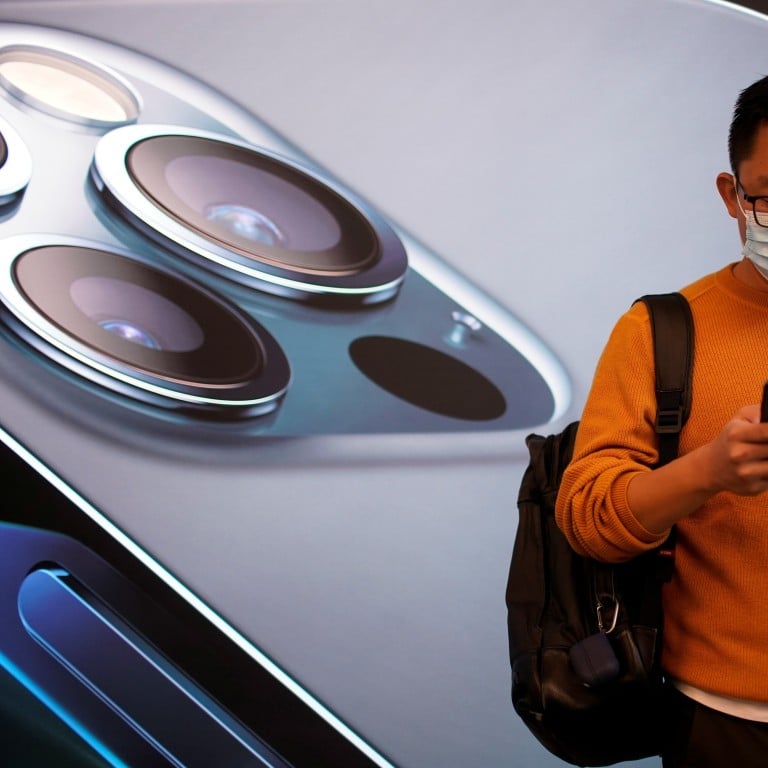Opinion / Apple’s iPhone 12 faces fierce competition from Chinese smartphone brands Huawei, Xiaomi and Oppo – here’s why consumers are unimpressed

Apple was once a luxury status symbol in the Chinese market, but that’s changing – better tech, better marketing, and a rising sense of nationalism are pushing Chinese buyers towards domestic brands
Apple’s new smartphone launch was off to a bad start from the get-go: first the product’s release was delayed worldwide, then the brand’s iPhone 12 live-stream was made unavailable on Chinese video and social media platforms at the eleventh hour with no explanation.
And after much anticipation – China is Apple’s second-largest market by revenue – when Apple finally debuted its latest model in China on October 14, the new phone ultimately received a mixed reception within the Chinese market.
The #iPhone12 tag trended on Weibo, reaching over six billion views, but many netizens either criticised the phone over its high price tag – which does not include accessories – or negatively compared it to domestic players Huawei and Xiaomi, both of which also released competitive phone models recently. Chinese consumers also doubt the environmental angle that Apple has pushed.
A poll by Caijing Magazine inquiring whether respondents would buy the new iPhone 12 revealed a split in buyer intentions: 10,000 users voted no, and 9,269 said yes. Meanwhile, a little over 5,400 users were still on the fence. And those who plan to buy the new phone are also willing to put off a phone upgrade until the upcoming Double 11 – an unofficial holiday for singles and popular shopping season – which would see sales hit popular e-commerce sites Tmall and JD.com.
The diminished luxury status of the iPhone is a reflection of most foreign brands losing their grip on the evolving Chinese consumer who once worshipped but now boycotts Western brands, reflecting the country’s rising nationalism. And even when other foreign brands’ price points are comparably much lower than domestic brands, the rise of national brand quality has now been deemed more important in the minds of Chinese consumers.